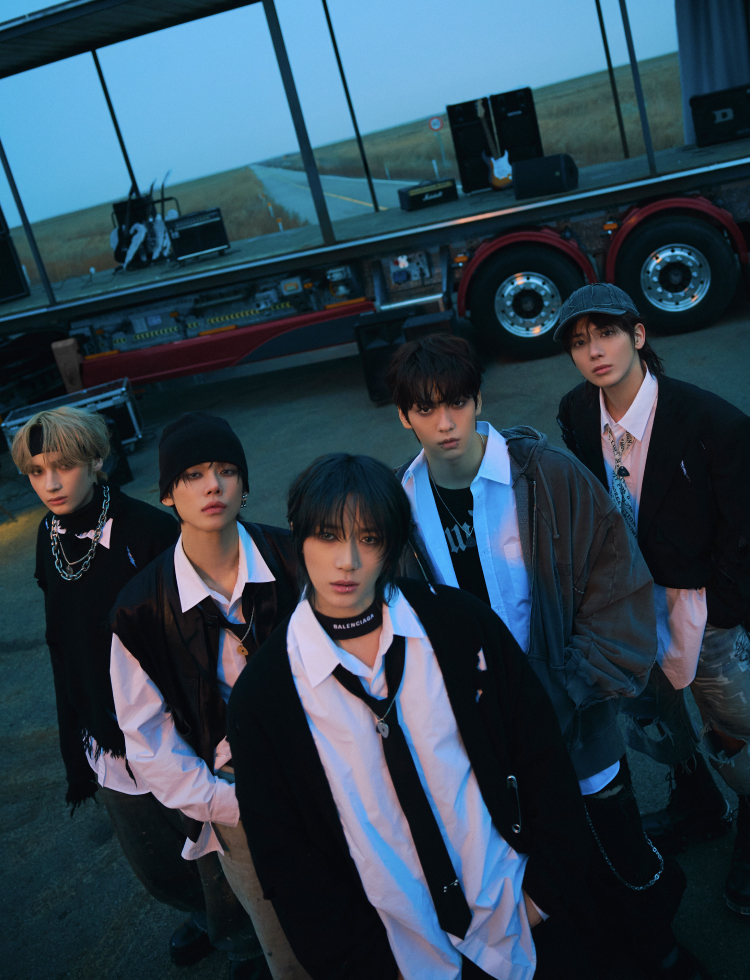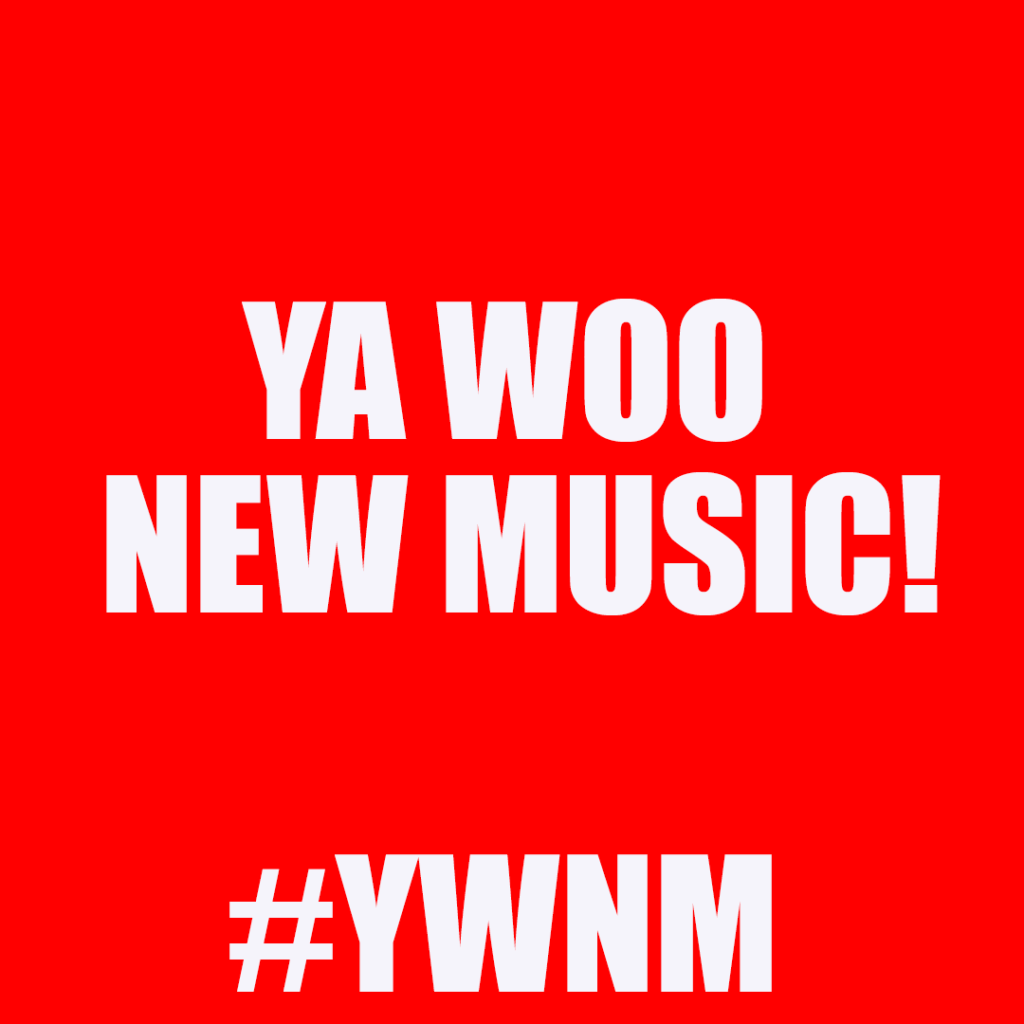A Deeper Look into Woodstock 50
Written by German Romaldo on January 11, 2019
This year marks the 50th anniversary of what some would consider the greatest music festival of all time- Woodstock. The almost mythical event took place over three days in August 1969, and it attracted nearly 400,000 people to an upstate New York farm. Nothing more can be said about the flower power parade that was Woodstock that has not been said before, but since then, Woodstock has continued to work its magic every ten years since the original with the exception being 1994 for the 25th anniversary. It seems that every incarnation of Woodstock captures the same-size crowd and media attention, but it falls just short of the same magic that engraved Woodstock ’69 into the halls of history. With Woodstock’s 50th anniversary being announced as a three-day festival by one of its original founders, Michael Lang, it is fitting to analyze whether the festival will succeed in the current festival atmosphere.
https://www.youtube.com/watch?v=AqZceAQSJvc
Michael Lang’s announcement of Woodstock 50 also comes with a unique goal for the festival. Lang has said that he wishes to put a heavier focus on activism with this incarnation of the festival; a move that harkens back to the original. He also wishes to move forward and away from the damage that Woodstock ’99 caused to the brand. This is in reference to the Woodstock that many call “The day the Nineties died” in which fires, sexual assault, and terrible festival planning lead to a well-deserved media firestorm attacking the event. Woodstock ’99 is probably the reason why Woodstock ’09 was merely a nation-wide tour with legacy bands dubbed the “Heroes of Woodstock Tour”. The dark shadow of Woodstock ’99 still looms over the brand, and as Woodstock 50 nears, it creates questions for the promoters and planners. Will they learn from their mistakes? Will new mistakes occur? Of course, the times are different, and the rise of contemporary festivals provide good and bad examples to work off of. Many may not know but music festivals struggled to reach atmospheric heights until the 1990’s with Woodstock ’94 and ’99 as well as Lollapalooza leading the charge. But poor management runs deep in Woodstock blood, Woodstock ’69 is infamous for its poor planning with the festival running into an extra day and the trash disaster that was left in its wake.

Via Tone Deaf
Of course Woodstock ’99 was filled with its own issues, but the heavy commercialism seems to be a running theme in these newer incarnations and will probably be a point of contention in this year’s festival. Over-priced tickets, merch, concessions, and other amenities will probably run rampant, but is this just the norm for the modern day festival? Woodstock ’69 was revolutionary for being low-priced, but it also paid $135,000 (nearly $920,000 today) for its star-studded talent, but Lang plans to infuse the new and old into Woodstock 50, and thus, the prices could run high for the proposed 100,000 three-day ticket release. It’s no secret that modern day festivals target a wealthier demographic with prices reaching $300 or more for tickets alone ($1,000 for VIP passes). Yet the name of Woodstock will surely bring in the dedicated, and the talent will (hopefully) be worth the price.
Lastly, Lang’s proposed focus on activism is interesting yet a tad naive. If he’s expecting the “down with the man” hippies to come in droves, he’s in for a great disappointment. I’m interested in how the planners will tackle this challenge. Again, festival demographics really only consist of wealthy scenesters and diehard music fans for the most part, but how will Woodstock 50 reach for the activists? In this day of age, activists are ever present and ready to attend any march, but how willing are they to attend Woodstock? Will the crowds chant to end poverty as they hold $400 tickets in their hands? It sure will be interesting.
My parting words are that I hope that Woodstock 50 is one that breaks away from the horrors of Woodstock ’99 and brings back the social consciousness in festvials, but a little part of me also wishes that the beast gets laid to rest. It has been a thrilling ride, but in the current age of Coachella and Lollapalooza, Woodstock may fall prey to the ideals it tried to fight all those years ago. It introduced generations to a culture of music, love, and peace. If it continues, those messages are sure to be lost.





